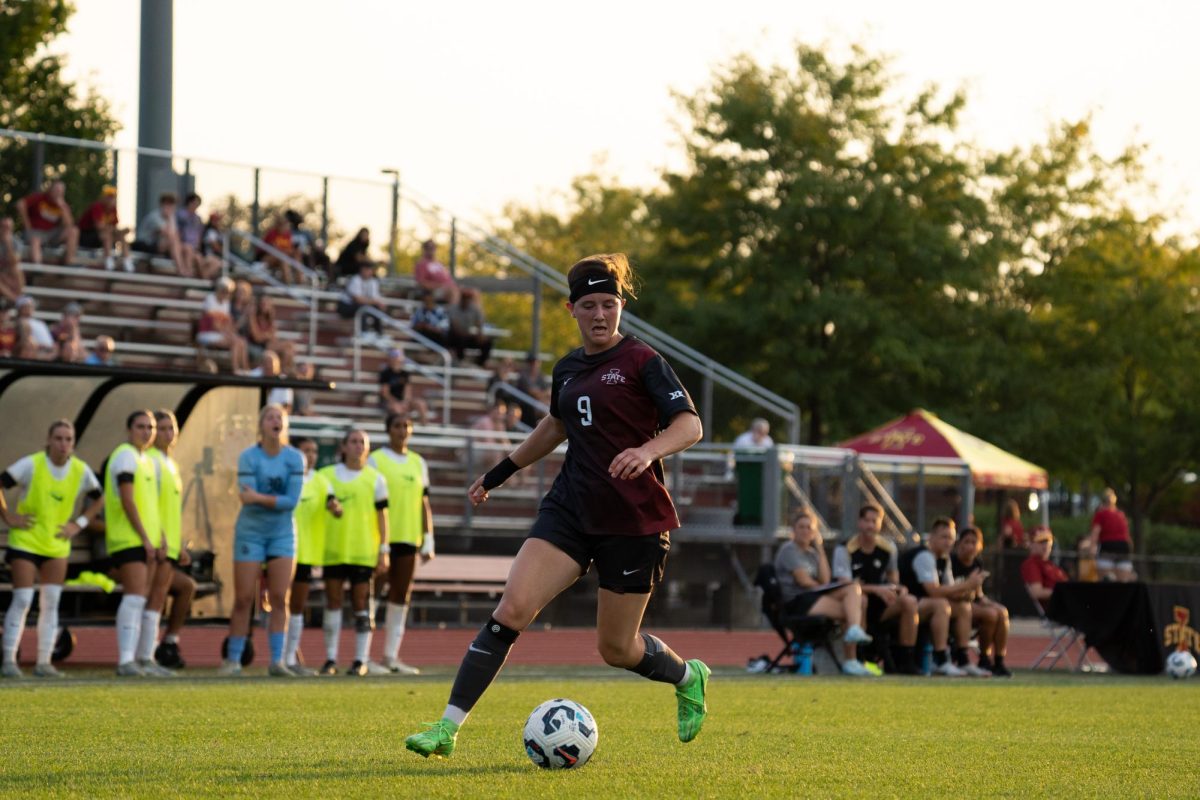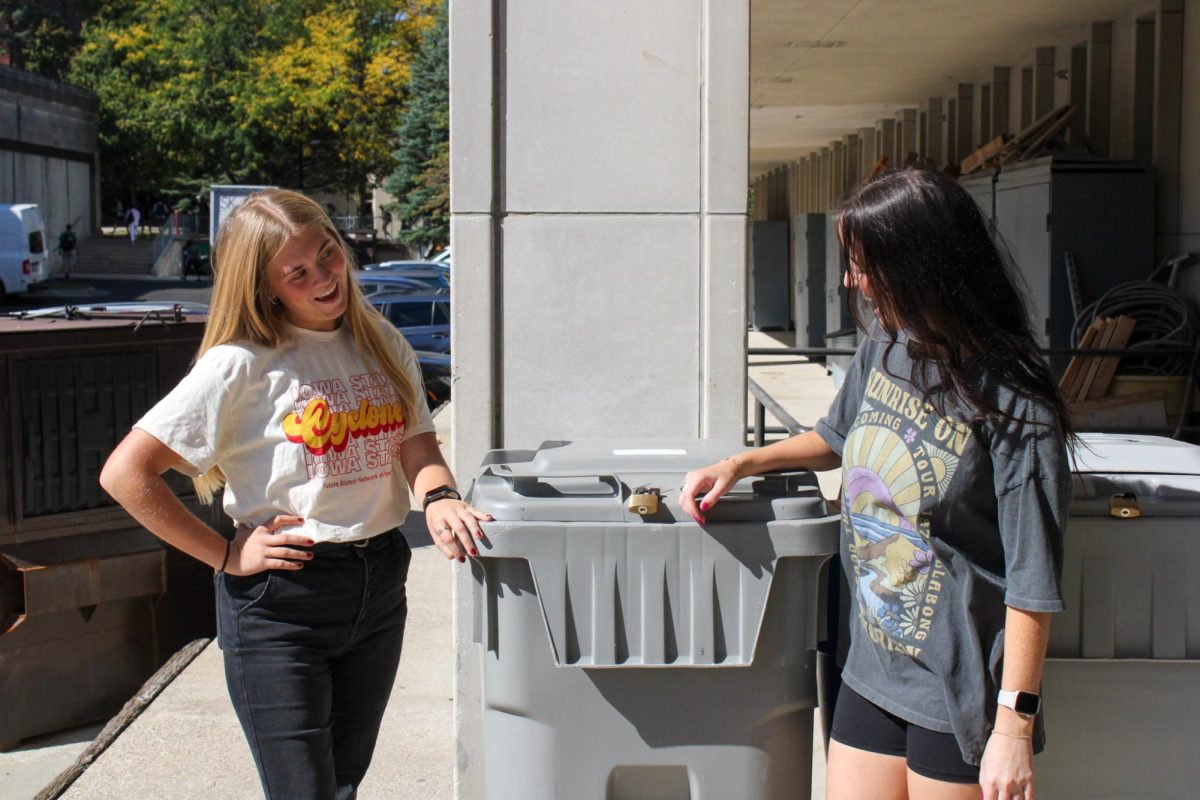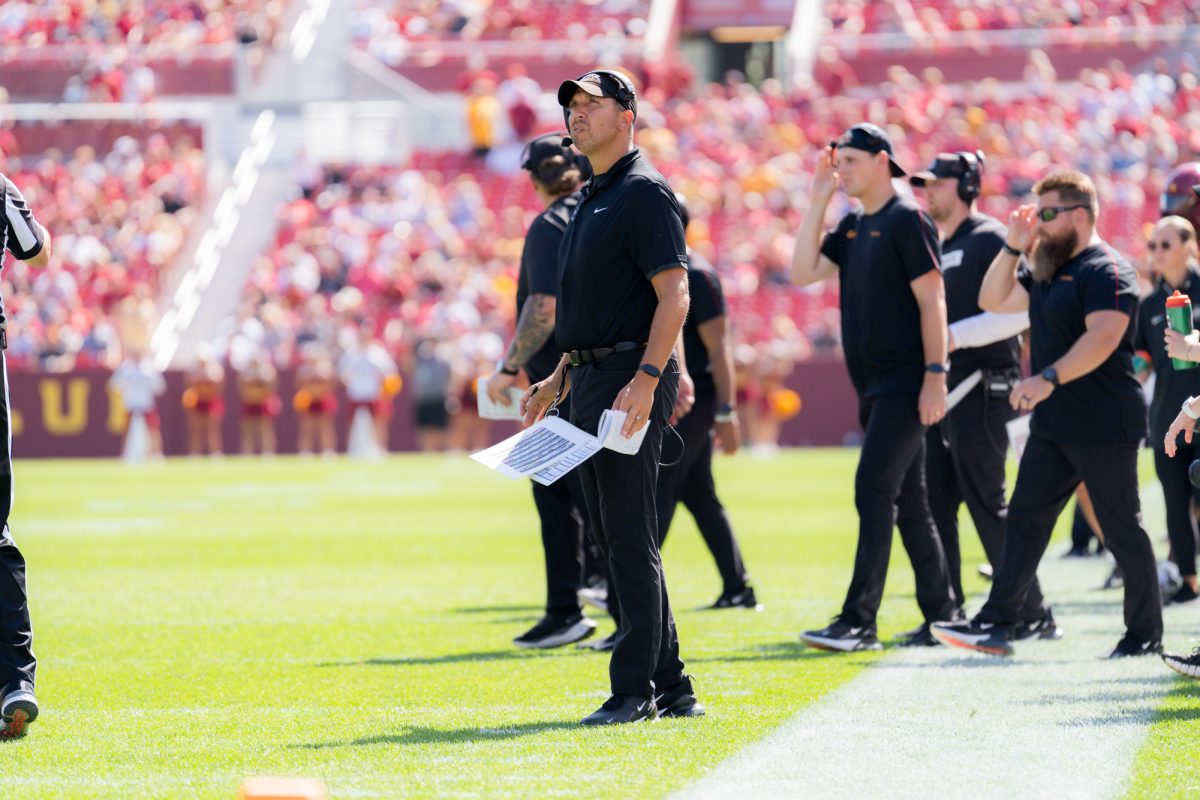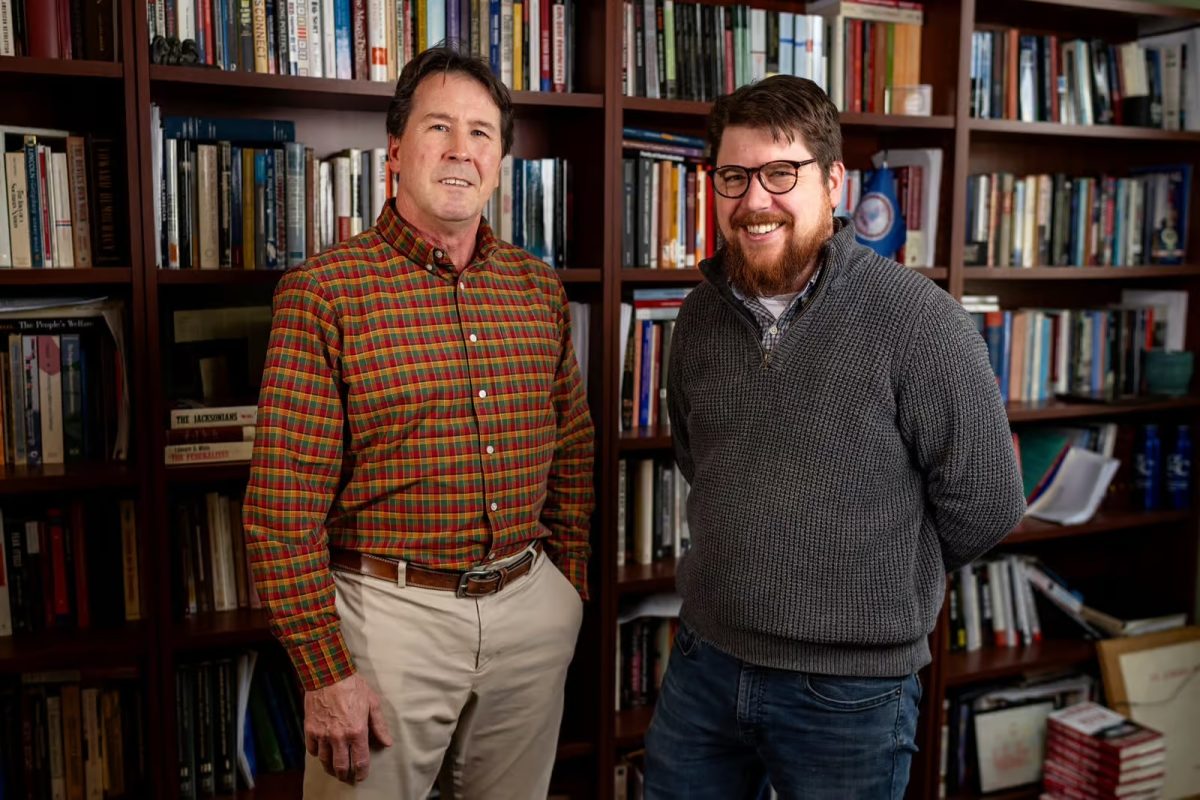Briefs
May 25, 2000
Daily Staff Writer
Business Affairs director finalists visit Iowa State
Six finalist candidates for ISU director of Business Affairs have been meeting on campus in open-forum settings.
Finalists include: James Main, assistant vice chancellor for Business and Finance at the University of Nebraska, Lincoln; Terrence Duffey, assistant dean for Administrative Affairs at the University of Illinois College of Medicine, Rockford, Ill.; Carol Coates, director of the Office of Procurement and Distribution for the Iowa Department of Transportation; Arlo Meyer, manager of purchasing at Iowa State; Stephen Mack, director of the Department of Procurement Services at the University of Oklahoma, Norman; and Al Comley, senior director of Business Services at the University of Toledo, Ohio.
The new director of Business Affairs will take over for Ron Santi, who recently retired. Some of the responsibilities of the new director include: overseeing Asset Recovery, the University Bookstore, Central Stores, Inventory, Printing, Purchasing, Transportation Services and Vending.
Main, Duffey and Coates already participated in their scheduled forums. Meyer’s forum is today, Mack’s will be held May 31 and Comley’s will be held June 1.
All forums will be held in Room 108 of Kildee Hall at 2:30 p.m. The public is invited to attend.
— Heidi Jolivette
Scientists to discuss proposed forensics resource center
A workshop will be held Friday in Room 301 of Spedding Hall for forensic investigators from eight Midwestern states and four federal agencies to discuss the proposed Midwest Forensics Resource Center at Iowa State.
The meeting will be held with officials from the Ames Lab and the Microanalytical Instrumentation Center, both research facilities located on the ISU campus.
Iowa State’s Institute for Physical Research and Technology has already allocated $44,000 in funds to establish the partnerships needed to launch the proposed center, and more sources of financing will be discussed at the workshop Friday.
The proposed center would serve as a research facility in developing tools and techniques to analyze crime-scene evidence faster and with increased reliability, something not available at other crime laboratories in the Midwest, and would maintain a list of regional experts to provide assistance in forensic investigations.
Crime lab officials from Iowa, Kansas, Minnesota, Missouri, Nebraska, North Dakota, South Dakota and Wisconsin will be attending the workshop, as well as representatives from the FBI, the U.S. Department of Energy, the National Terrorism Preparedness Center and the Bureau of Alcohol, Tobacco and Firearms.
— Heidi Jolivette






